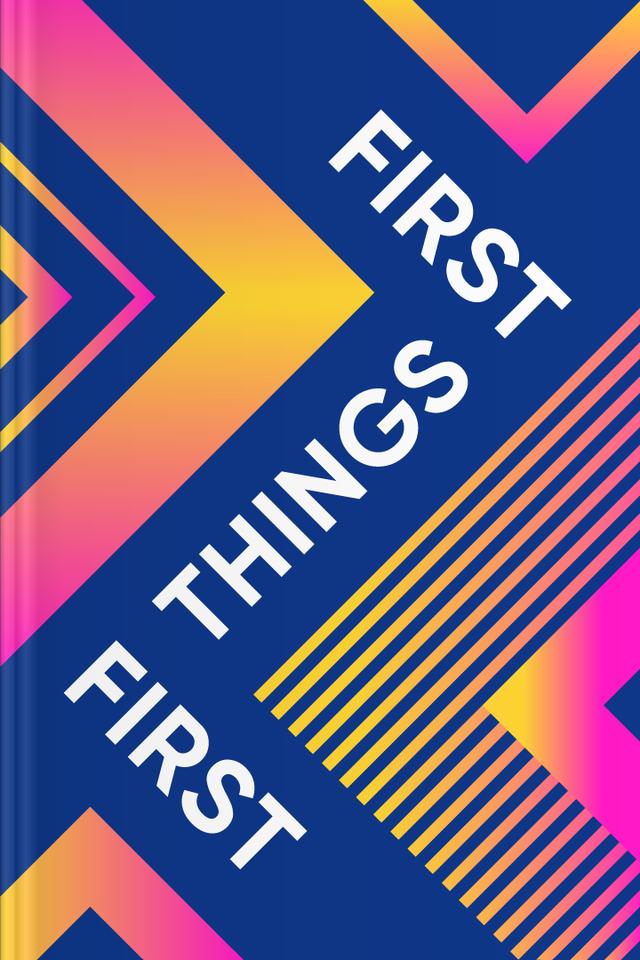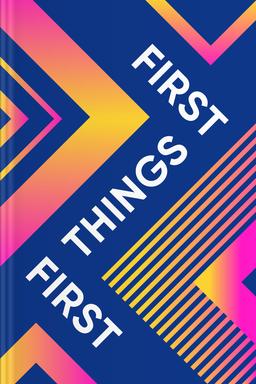You’ll learn
- A gap between the compass and the clock
- The evolution of time management
- The value of urgency vs. importance
- Four endowments for freedom
Protect the world’s peace. Donate to support Ukraine

first KEY POINT
Many meaningful relationships suffer unfortunate defeats on the path to success. We still feel empty and disoriented after or during our race to the top. We start looking for meaning in what we do. If we don’t find it, we continue to live imbalanced lives because we are too scared to try alternatives.
Wake-up calls awaken us abruptly to the existence of the gap between our fantasies and the reality of life. For instance, when a family member dies, we regret the missed moments while chasing success. We feel miserable thinking about the opportunities we’ll never get back and the time we could spend building meaningful relationships. Then, we realize there is no match between what we are doing and what matters to us. In the absence of wake-up calls, most people bury crucial life issues. They don’t bother to look for the chronic cause; they use Aspirin and Band-Aids to subdue the acute pain. Once they get temporary relief, they return to their habit of doing things that don’t matter to them.However, by managing our time and prioritizing the essential things in our lives, we can make it easier to do things that will help us in the long run. In this summary, you will learn more about prioritizing the more important things over those that seem important but aren’t in reality. As a result, you’ll live a healthier, happier, and more fulfilling life and enhance your relationships tenfold. So strap in and prepare for a deep dive into the complexities and particularities of planning, productivity, and motivation!
second KEY POINT
Most people struggle to prioritize things and focus on aspects of their lives that truly matter. Two metaphorical tools guide us through life — the clock and the compass. The former represents our responsibilities: goals, commitments, schedules, and all other obligatory activities. The latter correlates with important things for us: values, principles, aims, and our lifestyle. We tend to focus too much on the clock, prioritizing it over the compass. This disbalance frequently leads to dissatisfaction, and we often fail to understand the reason for our unhappiness. Once we learn to manage the clock and the compass, we’ll unlock the road to a more fulfilling life.

Continue reading with Headway app
Continue readingfirst KEY POINT
second KEY POINT
third KEY POINT
fourth KEY POINT
fifth KEY POINT